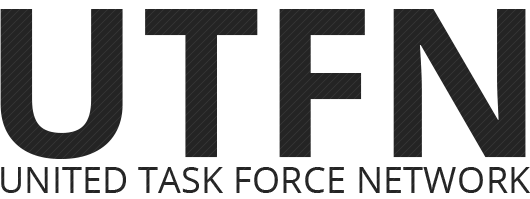A command unit oversees and manages a specific collection of related staff groups (J-Groups), enabling its function while upholding unit standards. Each command unit is commanded by an Officer who reports to the Commanding Officer.
- Central Command (CC): Sets the overall strategy and direction of the unit.
- Personnel Command (PC): Manages all personnel-related matters.
- Operations Command (OC): Oversees all operational aspects including missions, campaigns, loadouts, mods, and servers.
- Training Command (TC): Responsible for training and development of members.
Each command unit is responsible for overseeing its respective J-Groups and ensuring the execution of tasks and strategic direction as set by Central Command.

